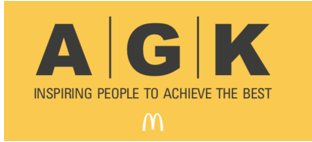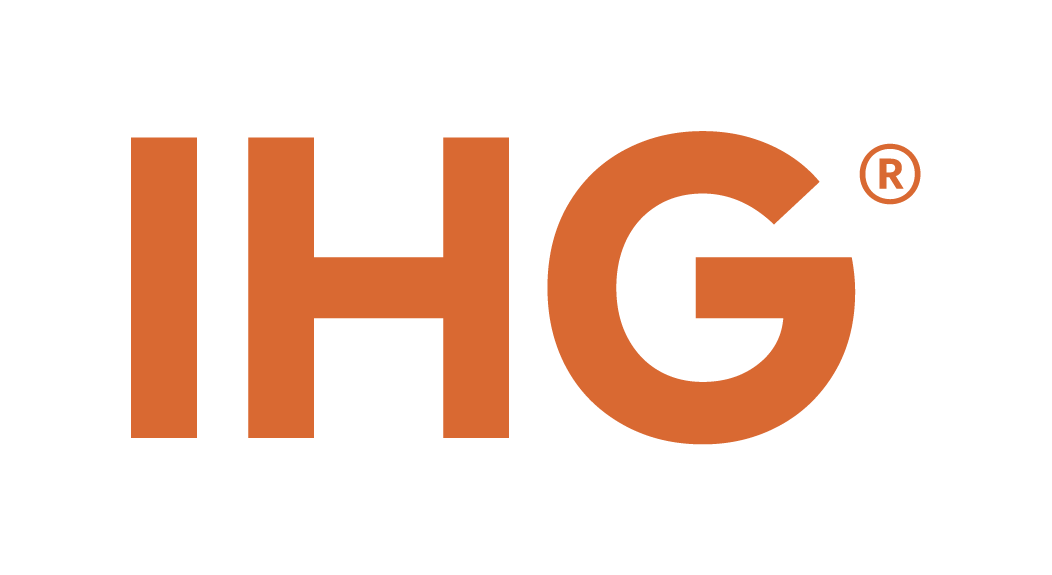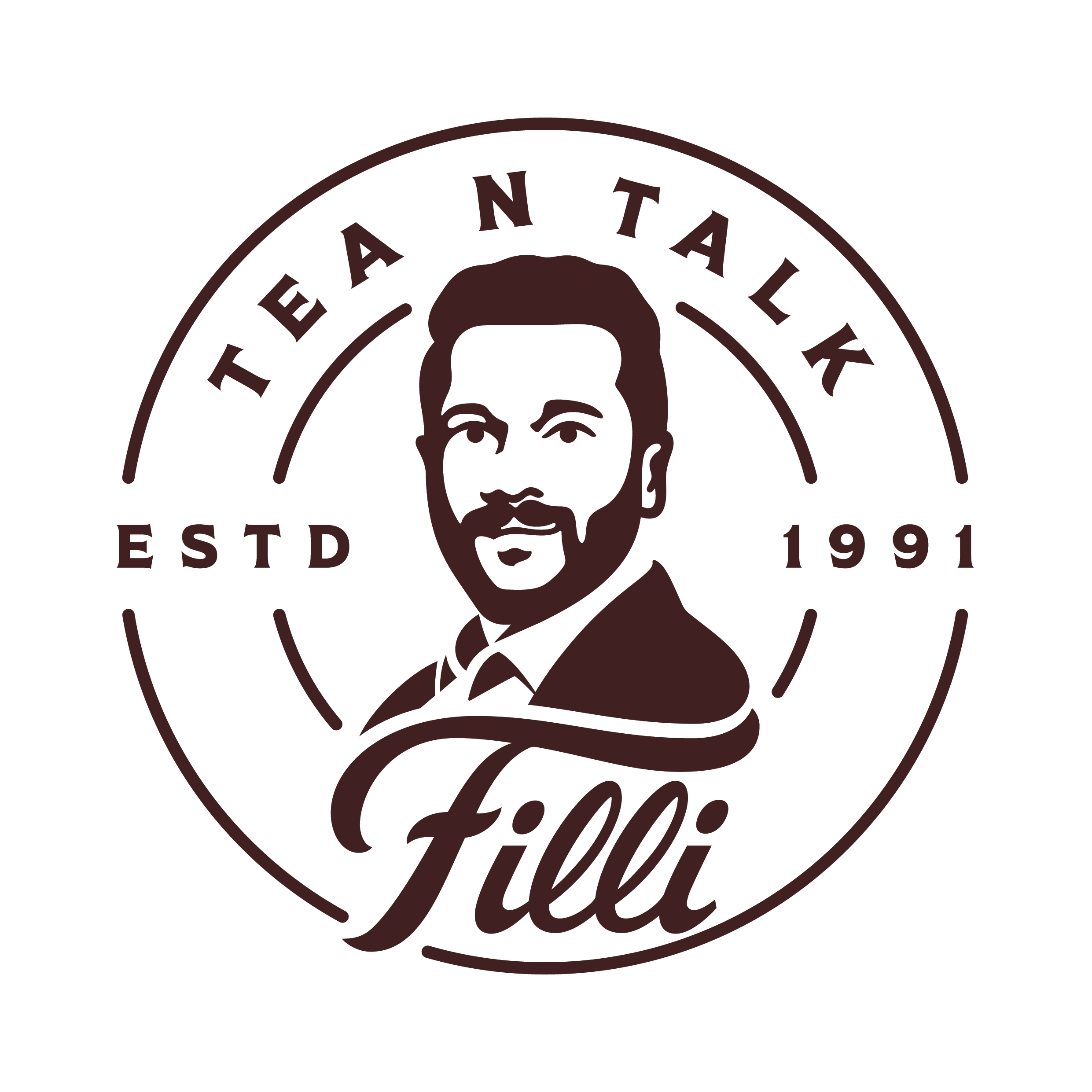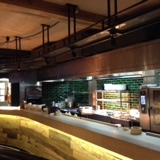Title Page
-
Conducted on
-
Prepared by
-
Location
CRITICALS- MUST PASS
-
Is the restaurant free of a PEST infestation and/or signs of an active pest infestation in the restaurant building adjoining corral and any area within 10 feet of the building?
-
Are the internal temperatures of beef patties after cooking at or above 155 F? (Action)
-
Are the internal temperatures of chicken products after cooking at or above 165 F?
-
Are the internal temperatures of Filet-O-Fish portions after cooking are at or above 155 F?
-
Are the internal temperatures of breakfast sausage after cooking at or above 155 F?
-
Are the internal temperatures of round eggs after cooking at or above 155 F?
-
Can managers (or staff assigned to complete the checklist) demonstrate they have been trained on properly completing the procedures on the Food Safety Daily Checklist and can take corrective action? Select 2 or more, as applicable: (Knowledge Questions)
-
Pyrometer is not being properly placed in the center of the patties
-
Not all the 4:1 patties cooked are checked
-
The manager does not know the correct minimum cooking temperature requirement
-
The manager does not take proper corrective action when a product is undercooked
-
other
Scored Food Safety Questions
-
Area all time temperature control for safety (TCS) refrigerated products in code (within primary shelf life)?
-
Handwashing Sinks: Is there warm water and required supplies at all handwashing sinks? Are hand washing sinks easily accessed by employees and only used for hand washing, not preparing food or storing equipment?
-
Handwashing Procedure: Are hands properly washed at the required times following the hand washing procedure? Is there a system in place to ensure hourly hand washing by all employees?
-
Sanitized Towel/Cloth Buckets: Do sanitized towel buckets contain towels and chlorine sanitizer solution at the correct concentration checked with a chlorine test strip?
-
Sanitizer-Soaked Towels/Cloths: Are sanitizer soaked towels and grill cloths used at food, beverage preparation , and service areas placed into the soiled towel buckets after using and not left sitting out on surfaces?
-
Utensils Sanitizing: Area all in use UHC trays, grill utensils, prep table utensils, and utensils holders clean (no build up), washed and sanitized at least every 4 hours as per approved procedure? Do the back sink and soap/sanitizer dispensers or dishwashers function (hot water 110 F or higher in the bin/sink) with all required supplies? Does the sanitizer solution have the right concentration when checked with an appropriate test strip?
-
All soiled raw wares that came into contact with fresh beef are washed and sanitized last (unless a warewasher is used). Soiled blue raw beef trays and lids are kept in the blue bus box until cleaned. Back sink is properly sanitized after washing wares that came into contact with raw proteins.
-
State of Cleanliness: Is the restaurant (all areas) in a good state of cleanliness. In all areas, the floors/walls/ceiling and equipment do not have excessive soil, grease or food debris build up? Are the floors free of standing or puddling water?
-
State of Repair: Is the restaurant (all areas) the floors/walls/ceiling and equipment functioning properly and in a good state of repair (not cracked or damaged)? The freezers should not have excessive buildup of ice.
-
Water and Ice: Are appropriate measures taken to protect water and ice from foreign material, chemicals, and/or bacterial contamination? Are water filters in date and ice machines free from mold or build up?
-
Food product opened: Are opened packages of food in storage, (including dry storage, refrigerators, and freezers) covered/wrapped, off the floor and away from walls and stored according to proper procedures? If no, mark what product is not stored properly:
-
Raw food product handling: Are blue disposable glove procedures or dedicated tongs used to prevent cross-contamination when handling all raw meat or poultry products (including shell eggs) at the grill station and fryer station? Are dedicated utensils used for raw products (e.g. the yellow yolk breaking tool is only used to break egg yolks)?
-
Ready-to-eat food product handling:<br>Are clear/white disposable gloves worn for food preparation of ready-to-eat foods at the sandwich prep table and salad prep table to prevent bare hand contact with any cooked or ready-to-eat foods?
-
Good hygienic practices: Are proper personal hygiene procedures being followed?
-
Chemical management:<br>Are chemicals stored away from food and packaging?
-
Pest management:<br>Is a pest management program and pest prevention steps and behaviors in place and being managed effectively? Is the restaurant properly pest proofed to prevent entry of pests (e.g. gaps under doors are sealed)?
-
Are non-food spill clean-up procedures are in place?
-
Frozen products:<br>Are walk-in freezers and any other primary storage freezers operating at 0°F or below? Are secondary storage freezers keeping all products solidly frozen? If no, check which units are not at proper temperature:
-
Refrigerated products:<br>Are refrigerated products inside all refrigerated units at or below 40°F (including shake/sundae reservoir)? If no, note which units do not meet the temperature standard:<br>
-
Are Secondary shelf lives of all Time-Temperatures Control for safety (TCS) Products held at room temperature and in refrigerators properly marker and within their secondary shelf live ? if no , mark that product is not in code .
-
Leftover heated foods:<br>Are leftover heated foods discarded (including any shake/sundae mix removed from heat treatment shake/sundae machines)? If no, mark what product:
-
Hot holding units:<br>Are heated foods in a hot holding unit at or above 140 °F? If no, select which product(s), which type of hot holding unit(s) (UHC, Marinator, Extended Hot Holding Cabinet, etc.), and if the products are being held without a timing mechanism
-
Pyrometer:<br>Is the Pyrometer calibrated, working correctly, and is the probe clean?
-
Sourcing:<br>Are all food, food packaging, equipment (including utensils), and cleaning chemicals from approved sources?
-
Employee health:<br>Do managers understand employee illness symptoms and reportable illness causes for when an employee cannot be working? Do managers also understand when an employee can return to work after illness?
-
Staff training:<br>Are all managers (including shift managers) trained and currently certified in food safety through ServSafe (or an equivalent and accredited food safety training course)? Are all employees trained and verified on food safety and sanitation per McDonald's current training program?
-
Food Safety Checklists:<br>Are at least the last 60 days of correctly completed Food Safety Daily Checklists available? Are the last two correctly completed Monthly Food Safety Procedure Verifications available? (For Digital Food Safety please reference the Food Safety Guide)
-
Health Department Inspections:<br>When reviewing the most recent health department inspection report, have all critical food safety violations noted by the health department been corrected or a plan in place to correct issues?
-
Allergen management:<br>Are nut containing McFlurry mix-ins kept in the orange container with lid and a dedicated scoop?











